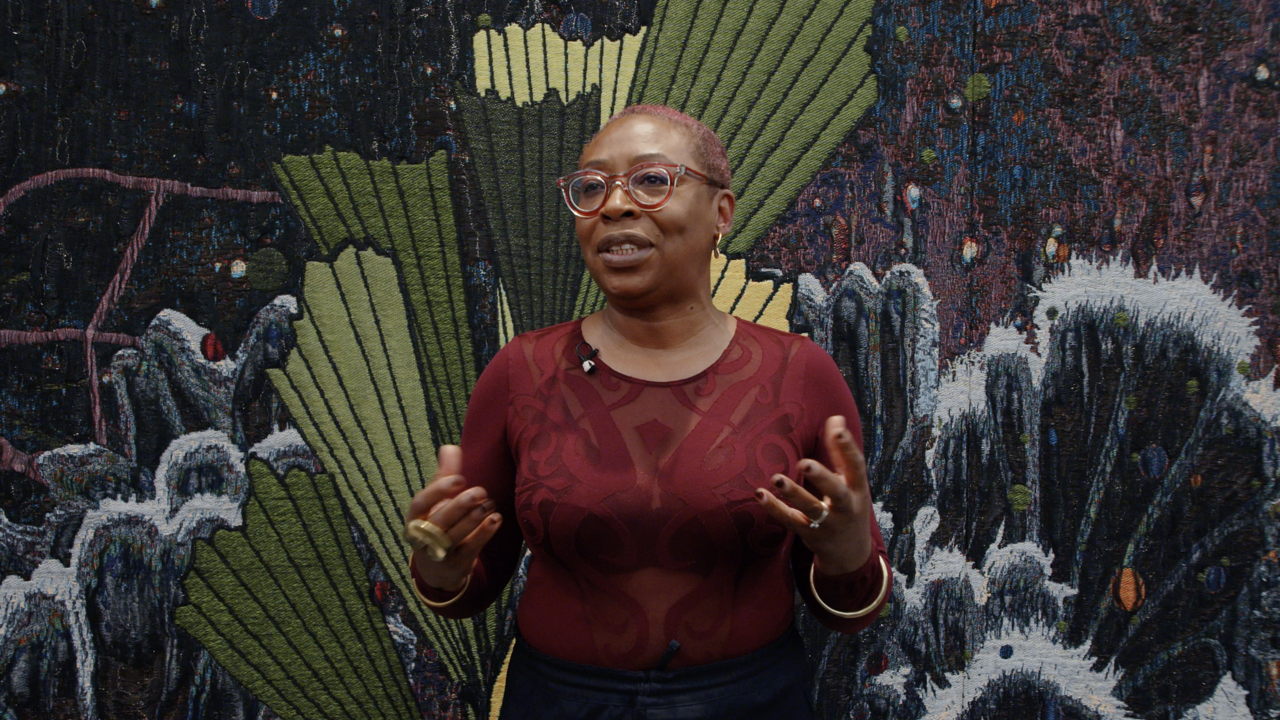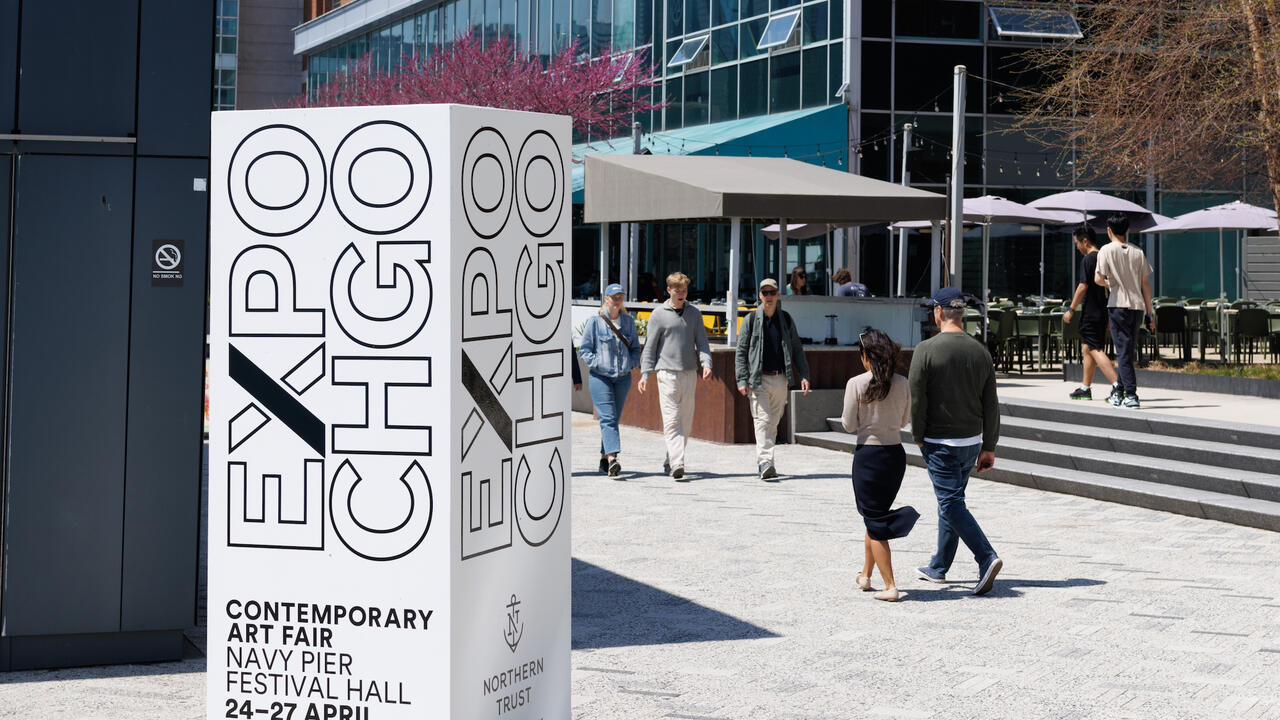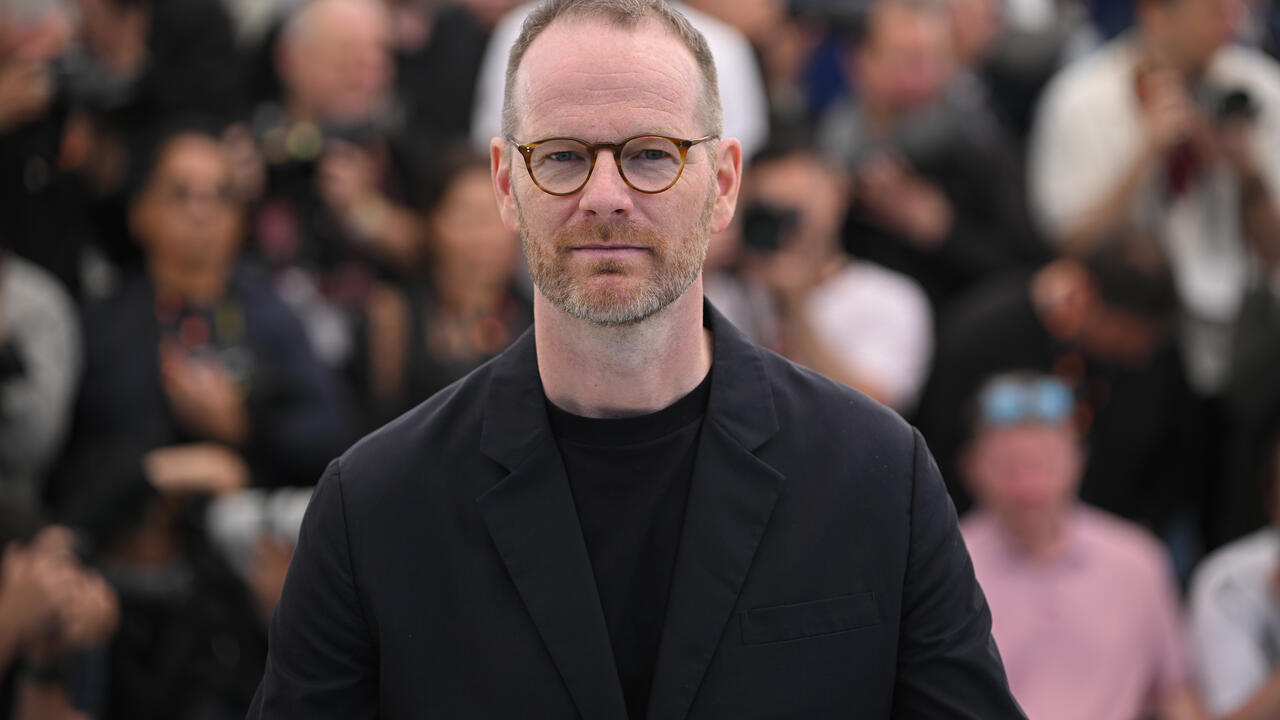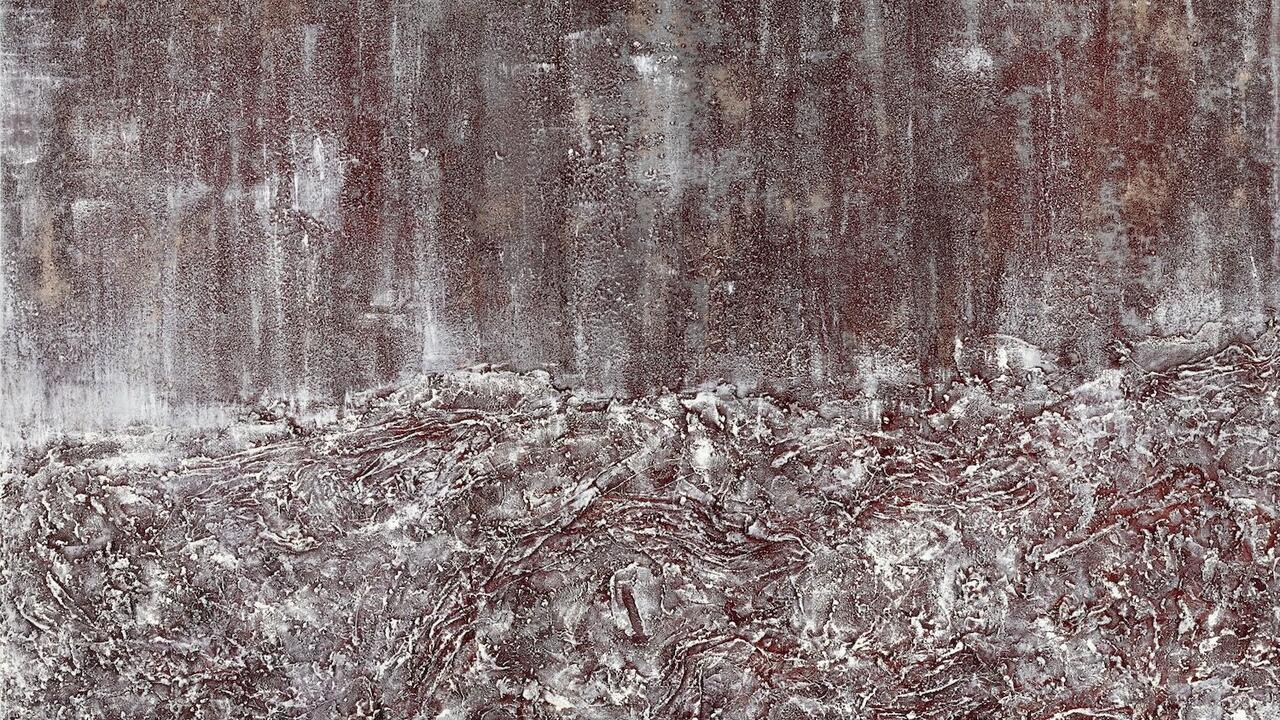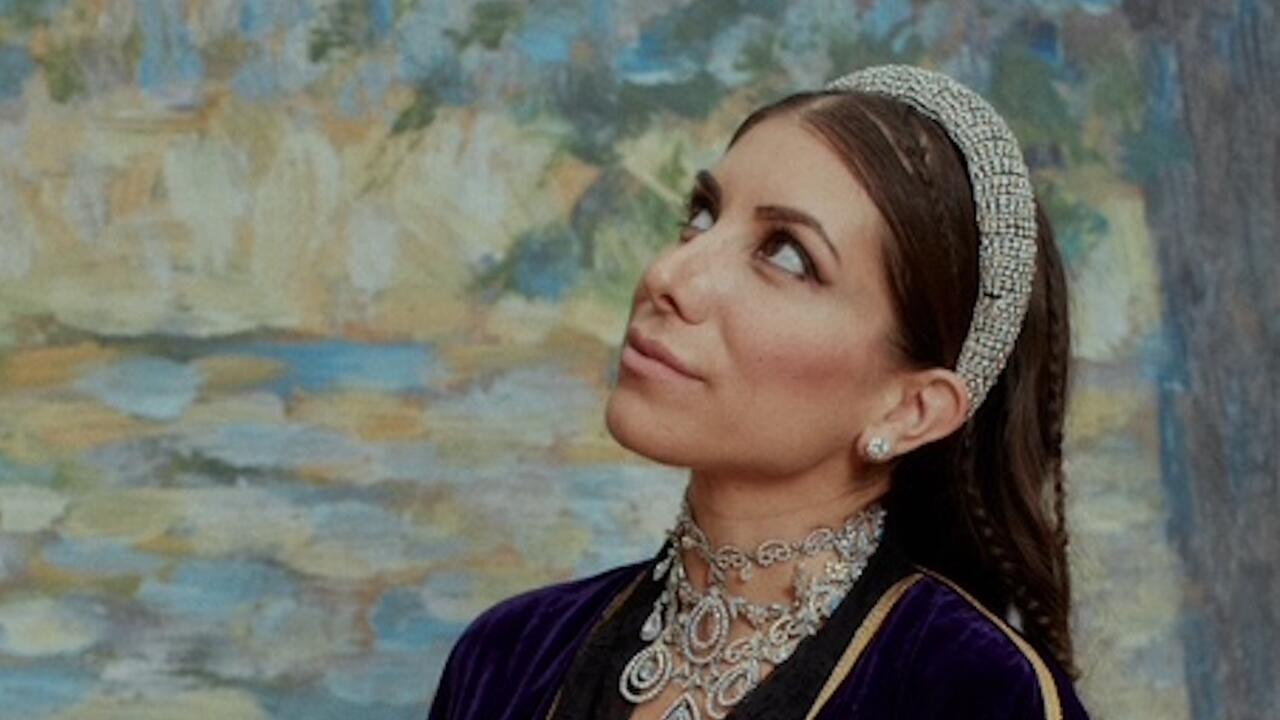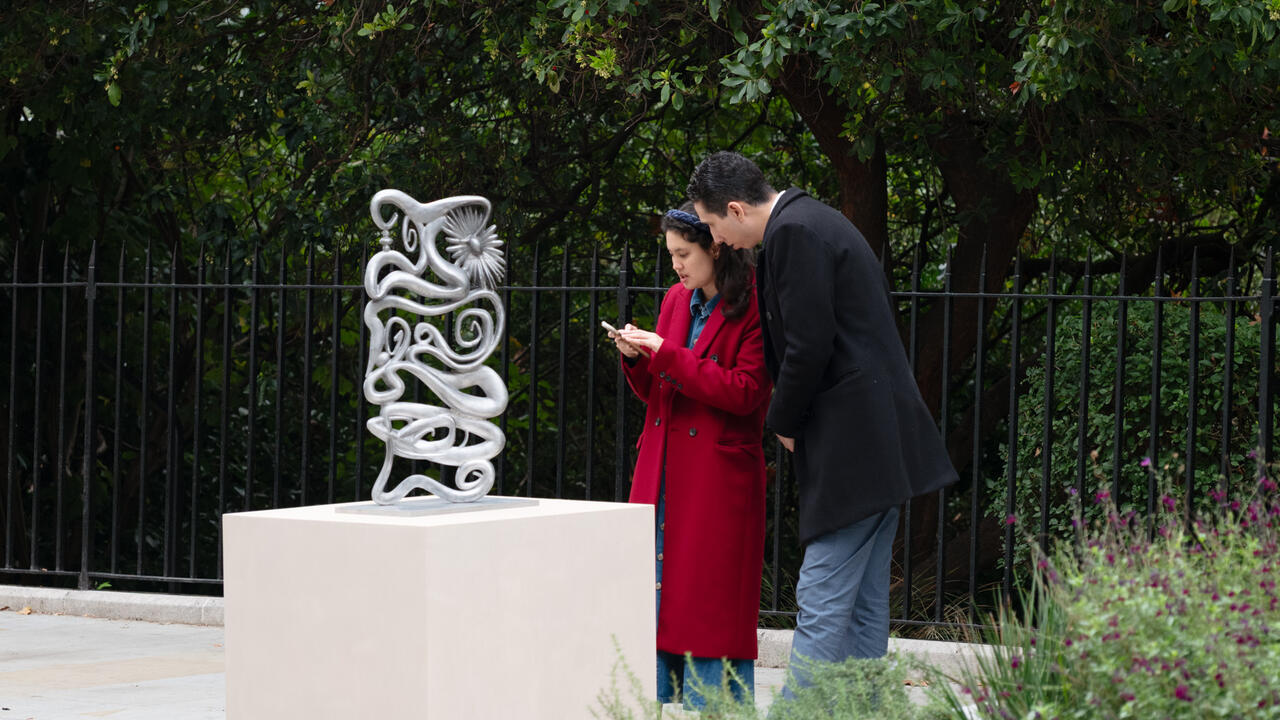American Dreamer
Dazzled by Liberace
Dazzled by Liberace

In 1996, the Los Angeles Pop duo Sparks recorded a song entitled 'The Ghost of Liberace' - a homage to the legendary American pianist and entertainer, also known as 'Mr Showmanship', who died of AIDS, aged 68, in February 1987.
The Sparks track is a plangent, shimmering piece of music, with Russell Mael's vocal carrying the melancholy chorus up and down the spooky little staircase of a minor scale: 'the ghost of Liberace still has that mystique/if he were alive he'd now be at his peak'. The narrative of the lyric goes on to describe various sightings of Liberace's spirit, 'hovering over farmland, drifting over towns'. But wherever the ghost of Liberace appears, people heckle and boo. Finally, however, the mob have a change of heart and begin to applaud, frantically. After which Russell proclaims, 'There really is a God!'
The Gothic touch to this eulogy seems to fit with contemporary iconography; it acknowledges Liberace's position beside Elvis (in 1956, the King was in the front row for Liberace's 'Riviera' show in Las Vegas) as a performer who exists through his mythologised afterlife. In this much, the sincerity of Elvis and Liberace's shared sense of showmanship - what we think of now as kitsch - has become their embalming fluid.
Today, we remember Liberace as the precursor of Pop spectacle at its most extravagant. During his lifetime, he was one of the most successful entertainers ever, setting concert attendance records in Hollywood and New York which have yet to be broken. More than any other post-War icon, perhaps, Liberace rehearsed the possibilities of Pop performance that would later be embellished by Elton John in the mid-1970s, or Prince during the mid-1980s: musical virtuosity mounted on the pink marble pedestal of monolithic camp. That he achieved this role by enshrining the appeal of 'Popular Classics' - a debased form, even when Liberace first became a big star in the late 1940s - makes him all the more remarkable.
When we think of Liberace, we probably imagine him dressed in his drum major's bejewelled uniform, or arriving on stage in a chauffeur driven Rolls Royce - the chauffeur himself dressed in a leather peaked cap and knee-length boots trimmed with wolf fur. Or we might recall - if we're old enough - the moment when Liberace actually flew off the stage like a middle-aged Peter Pan with a perm, dangling from all too visible wires as he pointed to the heavens, spreading out the folds of his violet sequinned cloak, in the classic Superman 'Up and Away' pose.
With these images in mind, it is more than likely that Sparks got it right: Liberace's 'peak' (it would have been about his fourth peak, in fact, in a career which was built entirely on the idea of presenting himself as a human crescendo) could still have been to come. Had Liberace lived on in to the retro-cultural, ultra-ironic 1990s, he might well have become some kind of truly cult figure - popping up in an episode of David Lynch's Twin Peaks perhaps, or as a guest villain in one of the 'Batman' films, alongside Jerry Hall. After all, Liberace was last seen on British TV as a computer-created ghost, offering his trademark wink and a smile at the end of an advertisement for After Eight mints.
It is a strange relief that 'Mr Showmanship' has remained pretty much intact as the embodiment of un-ironic kitsch, safe in the unappropriated majesty of his extraordinary act of self-creation. As recounted by Darden Asbury Pyron, in his recently published, meticulously detailed biography, Liberace: An American Boy (2000), the fuel for Liberace's self-termed 'white heat' of self-promotion was the desire, from his earliest childhood, to be a public marvel. The son of poor European immigrants, living in West Allis, Milwaukee, he put a spin on the classic fable of the American Dream by becoming an imperial success story - befriended in middle age by the Reagans - who flaunted his homosexuality in a way which made him, paradoxically, the embodiment of post-War family entertainment.
An infant prodigy, Liberace's genius as a pianist was matched by the desire to both please his father and escape from his mother. Ironically, his mother would end up as part of the show, occasionally being invited on stage, and often referred to in Liberace's breathlessly charming conversations with his predominantly matriarchal audience: 'do you have any good recipes for angel cake? I'd love to send them on to Mother...'
Describing the 19 year old Liberace's dazzling audition for the Chicago Symphony Orchestra, Pyron sums up the psychology of his subject in a single sentence: 'He longed to escape, but he was also turning his will towards creating a new world free of the strictures of the Liberace household. He created a new self in the process.' The will to 'self-create', in Liberace's case, seems to come from a conflation of two cultural aspects of his life: a desire to communicate an eclectic musical virtuosity (he would play a Liszt concerto, flawlessly, and then take requests from the audience, for instance - playing 'Three Little Fishes' in the style of Bach); and secondly, to synthesise his homosexuality through an equally extraordinary performance as 'the perfect son'.
Like Kenneth Williams in Britain, during his first success as a radio star in the early 1960s, Liberace made his sexuality (then illegal) a kind of comic code, through which he created a topsy-turvy image of himself which defended its obvious camp through extreme self-parody. And, like Williams, he shared a deep-felt conservatism, whole-heartedly opposing the values of the 'counter culture'. Numerous photographs from the Liberace Foundation in Las Vegas show the star surrounded by doting, middle-aged women from Middle America, endlessly feeding him cake and toys as he appears to smile through them, sharing a joke which some of them miss, and all refuse to discuss.
As well as enjoying a succession of relationships with classically handsome young men, Liberace also dated Mae West - when she was nearly old enough to be his grandmother. His appeal seems to lie in a kind of charm which never falters: a perfectly smooth surface, like a character invented by Andy Warhol. Christine Jorgenson, a famous transexual who knew Liberace in the 1950s, summed up the star in a simple phrase, worthy of Warhol: 'He's nice', she remarked, 'but a little strange'.







